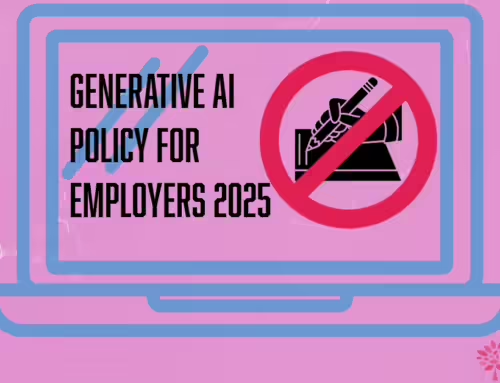In May of this year, four new employment laws received Royal Assent, paving the way for their anticipated implementation in 2024. These legislations represent the most significant change to employment law in the past couple of years and introduce additional responsibilities for all employers.
Carer’s Leave – “Carer’s Leave Act 2023”:
This Act grants employees with caregiving obligations the legal entitlement to take up to five unpaid days off each year to fulfil their responsibilities towards elderly individuals, individuals with disabilities, or those suffering from illnesses/injuries lasting more than three months. These days can be taken as full or half days. The potential implementation date for this legislation is April 2024.
Neonatal Leave – “Neonatal Care (Leave and Pay) Act 2023”:
Under this Act, parents of babies requiring extended hospital stays during the first 28 days of their lives for neonatal care will receive additional time added to their maternity, paternity, and shared parental leave. For each week the baby spends in the hospital, the parents will receive an extra week of leave, up to a maximum of 12 additional weeks. The implications for Shared Parental Leave are still unclear. This legislation is expected to be implemented in October 2024 to allow HMRC and employers time to adjust their payroll systems to accommodate the new statutory pay requirements.
Protection from Redundancy for New Parents – “Protection from Redundancy (Pregnancy and Family Leave) Act 2023”:
Under this Act, employers will be obligated to offer suitable alternative vacancies to pregnant employees and those who have recently returned from maternity, adoption, or shared parental leave for up to 18 months after giving birth or adopting a child, in the event of a redundancy exercise. This significantly extends the existing right that currently applies only during maternity leave. The Act also establishes new rights regarding unfair dismissal and discrimination if these employees are not given preferential treatment during a redundancy exercise. The expected implementation date for this legislation is April 2024 or earlier.
Tips – “Employment (Allocation of Tips) Act 2023”:
This Act imposes a legal duty on employers to distribute any tips, gratuities, or service charges to their workers. Employers will also be required to have a policy outlining how tips should be allocated, following a yet-to-be-created statutory code of practice. Employers must maintain records of tip allocations, which workers have the right to access. If workers believe that tips are being unfairly allocated, they can file a claim with a tribunal. Employers found in violation of these regulations may face a maximum compensation of £5000. This legislation is expected to be implemented in April 2024.




